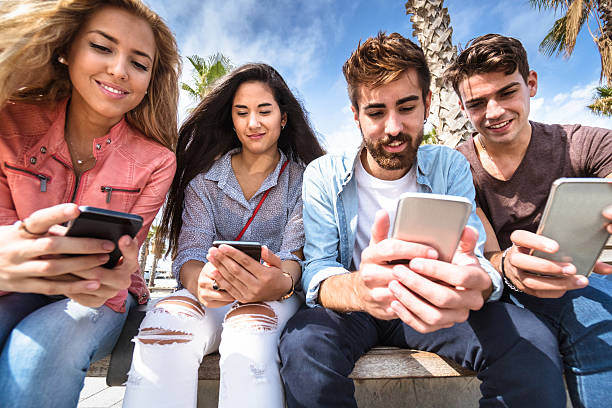
Image source: Lyncconf Games via Flicker
Micro-influencers deliver seven times more engagement on Instagram than influencers with more followers, according to new research.
The influencer marketing platform SocialPubli.com analyzed the last three campaigns completed by more than 100,000 influencers registered in the platform. The study revealed clear inverse correlation between follower sizes and engagement rates, regardless of platform, geographical location or niche. Influencers with larger follower numbers had less engagement. In addition, the research found that micro-influencers are active brand advocates: 84% recommend products or services at least once a week and 37% of these do so daily. SocialPubli.com defines micro-influencers as those with fewer than 10,000 followers.
So should consumer brands invest budget expenditures with micro-influencers? Simply shelling out money may not be the best strategy for working with micro-influencers, indicates a SocialPubli.com survey of 1,000 micro-influencers. Money isn’t the only or even their most important factor: 37% of micro-influencers cite being fans as the top reason they would consider working with a brand more than once, 30% cite receiving a fair and competitive compensation and 14% say the brand’s values must be aligned with theirs. Almost all say they believe in the products and services they promote.
Key Findings About Micro-influencers
Additional key findings from the study include:
- Social media is a micro-influencer’s natural habitat: 80% of micro-influencers spend at least three hours a day on social media. Of these, 47% spend more than 5 hours.
- Micro-influencers are avid content creators: 77% publish content on a daily basis with almost half (48%) publishing at least twice a day.
- When asked what the most important factors are to maintain the engagement of their followers, they cited: being authentic (32%), sharing quality content (27%) and engaging with their followers (27%).
- Instagram dominates among micro-influencers: 61% of influencers selected Instagram as their favorite social media network, followed by Facebook (17%) and Twitter (12%).
- There is a clear movement towards professionalization: 52% of micro-influencers see influencer marketing as a viable career option stating that their professional goal is to be full-time content creators.
A Permanent Marketing Strategy
“Influencer marketing is at an inflection point and micro-influencers are playing a vital role in its evolution from a passing fad to a permanent, viable and effective marketing strategy,” states Ismael El-Qudsi, CEO of SocialPubli.com.
“People connect with micro-influencers because of their authenticity and honest perspective,” Laura Brinker, vice president of beauty brand partnerships at Influenster, told eMarketer. “They feel as if they are a person just like them. And with authenticity at the core of what brands desire, they’ve started looking more toward smaller influencers with higher engagement rates.”
Finding micro-influencers that are good matches for their brands can be a significant challenge for marketers. A social media listening service can identify influencers who already mention a brand’s products and services, paving the way for an authentic relationship. Consider people outside the conventional definition of influencer. They could be journalists or bloggers, but they could also be partners, employees or simply people with a passionate interest in your area.
Determining effectiveness of influencer marketing may also pose a major hurdle. Increasingly advanced social media measurement tools can help marketers gauge the effectiveness of micro-influencer marketing programs. As influencer marketing budgets grow, upper management will seek more data on how the tactic is impacting sales and ROI.
Bottom Line: Influencers with fewer followers enjoy higher engagement rates, new research shows. That’s why savvy marketers pursue micro-influencers, ordinary people with relatively small followings but sizeable influence. Those influencers value authenticity. They only partner with brands if they believe in their products.
William J. Comcowich founded and served as CEO of CyberAlert LLC, the predecessor of Glean.info. He is currently serving as Interim CEO and member of the Board of Directors. Glean.info provides customized media monitoring, media measurement and analytics solutions across all types of traditional and social media.




